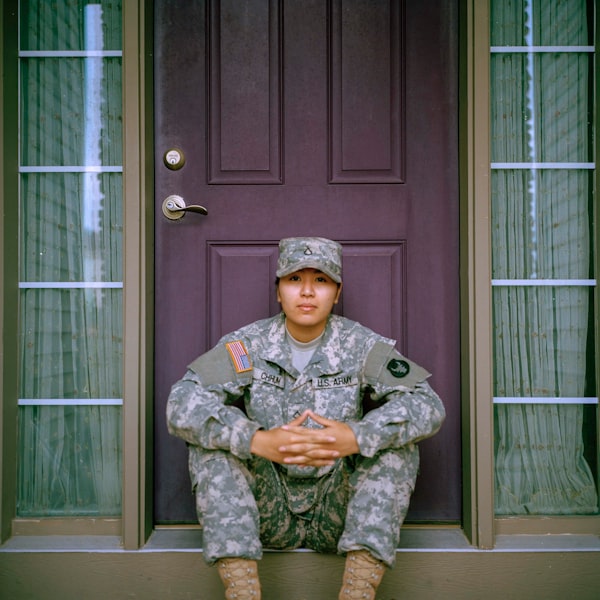Best Practices for Working with Neurodivergent Colleagues
Neurodiversity at Work: How Accommodations Can Boost Inclusion, Productivity
Nearly one in five people is neurodivergent. This means that you, and everyone you know, is likely to have a workplace colleague who thinks differently, and absorbs information differently, than others.
Unfortunately, myths, misconceptions, and stereotypes abound about people who are neurodivergent. It’s important to break down outdated narratives and unconscious biases that suggest neurodivergence is abnormal, a shortcoming, or a disability. In fact, there is no one “right” way of thinking, processing, learning, and behaving. Neurological differences should be recognized and respected as another category of diversity in an inclusive workplace.
Neurodivergent individuals might include those with autism spectrum disorder (ASD), Attention Deficit Hyperactivity Disorder (ADHD), dyslexia, and other neurological and developmental conditions and learning styles. Neurodivergent individuals are often creative, big-picture, out-of-the box thinkers. That can make neurodiversity a creative advantage at work.




